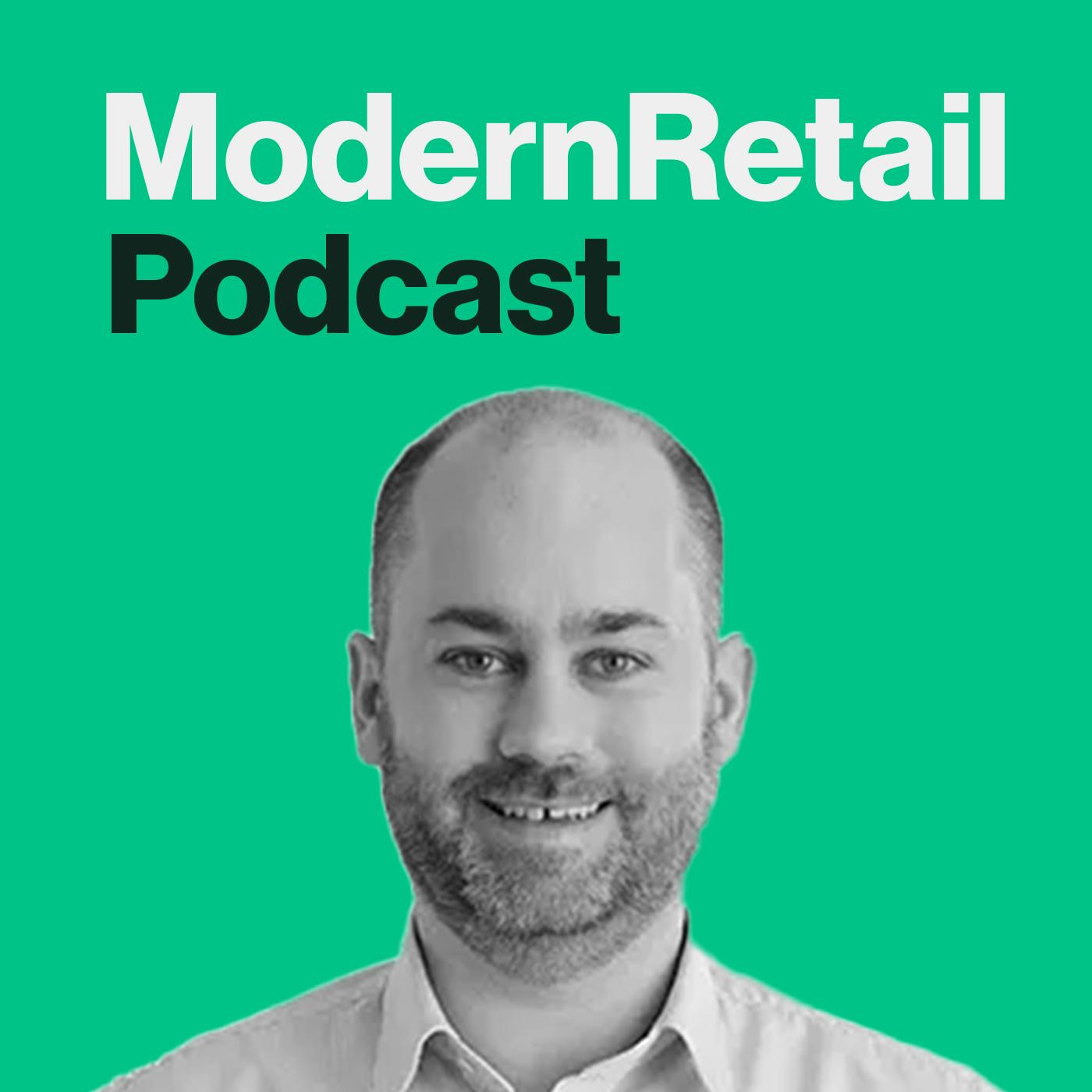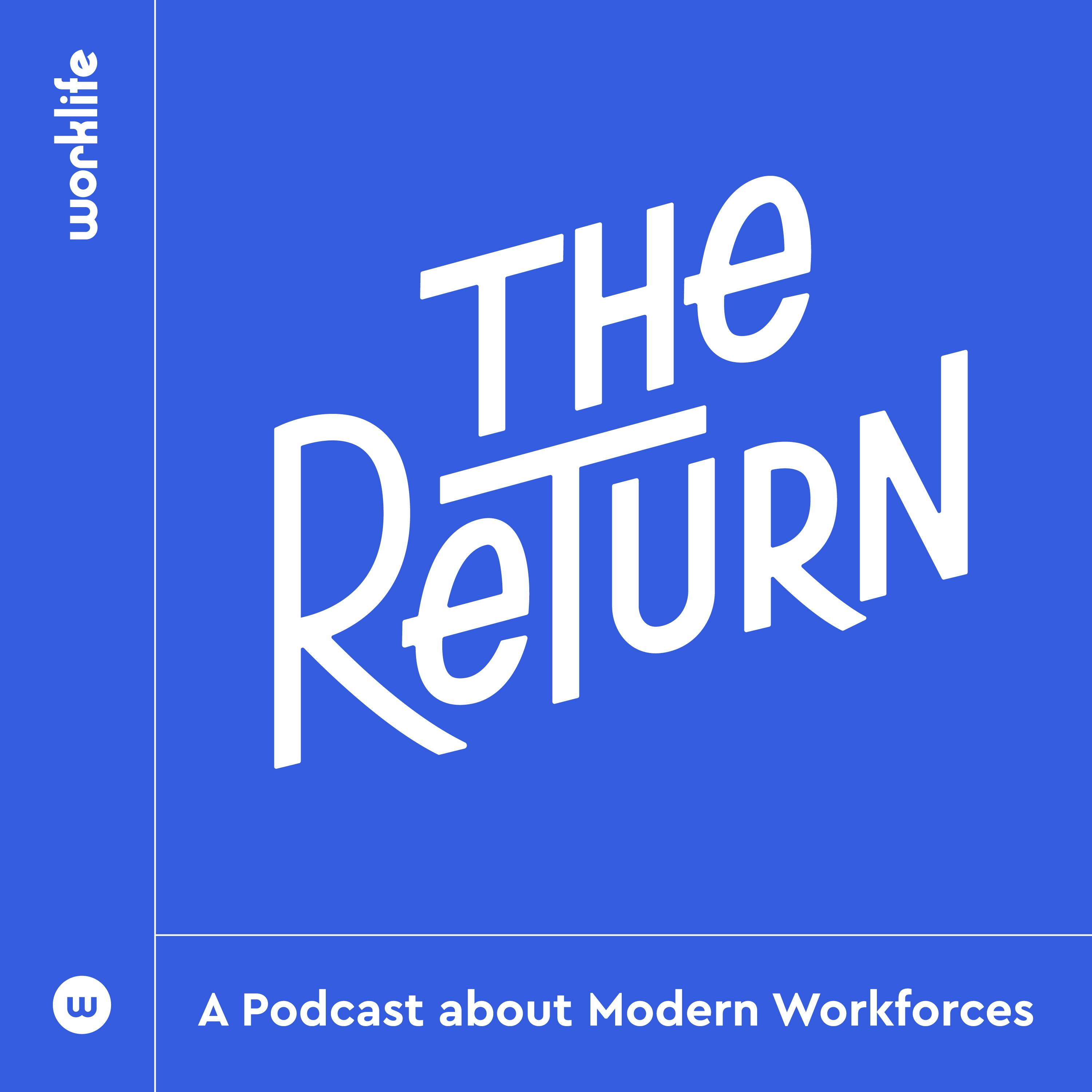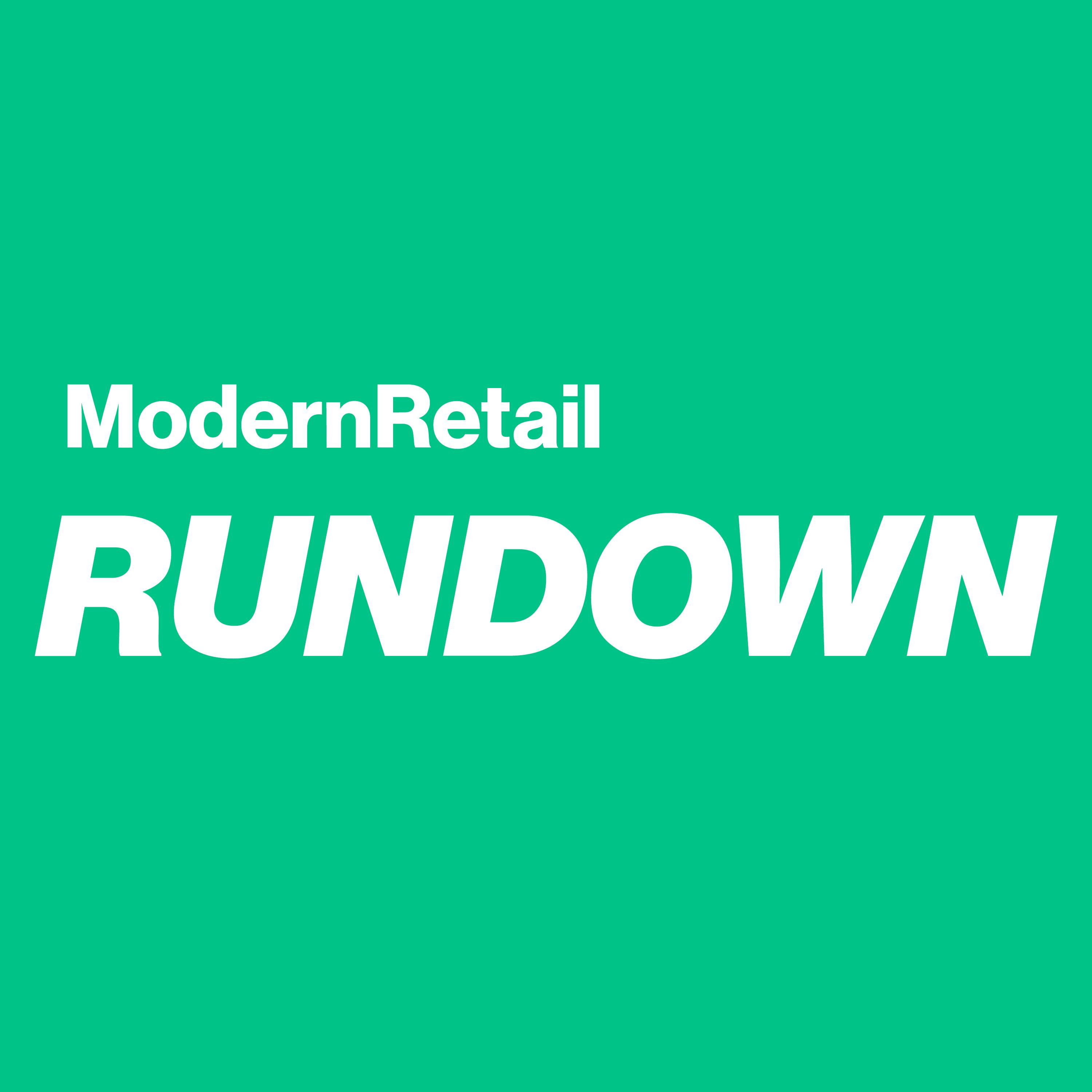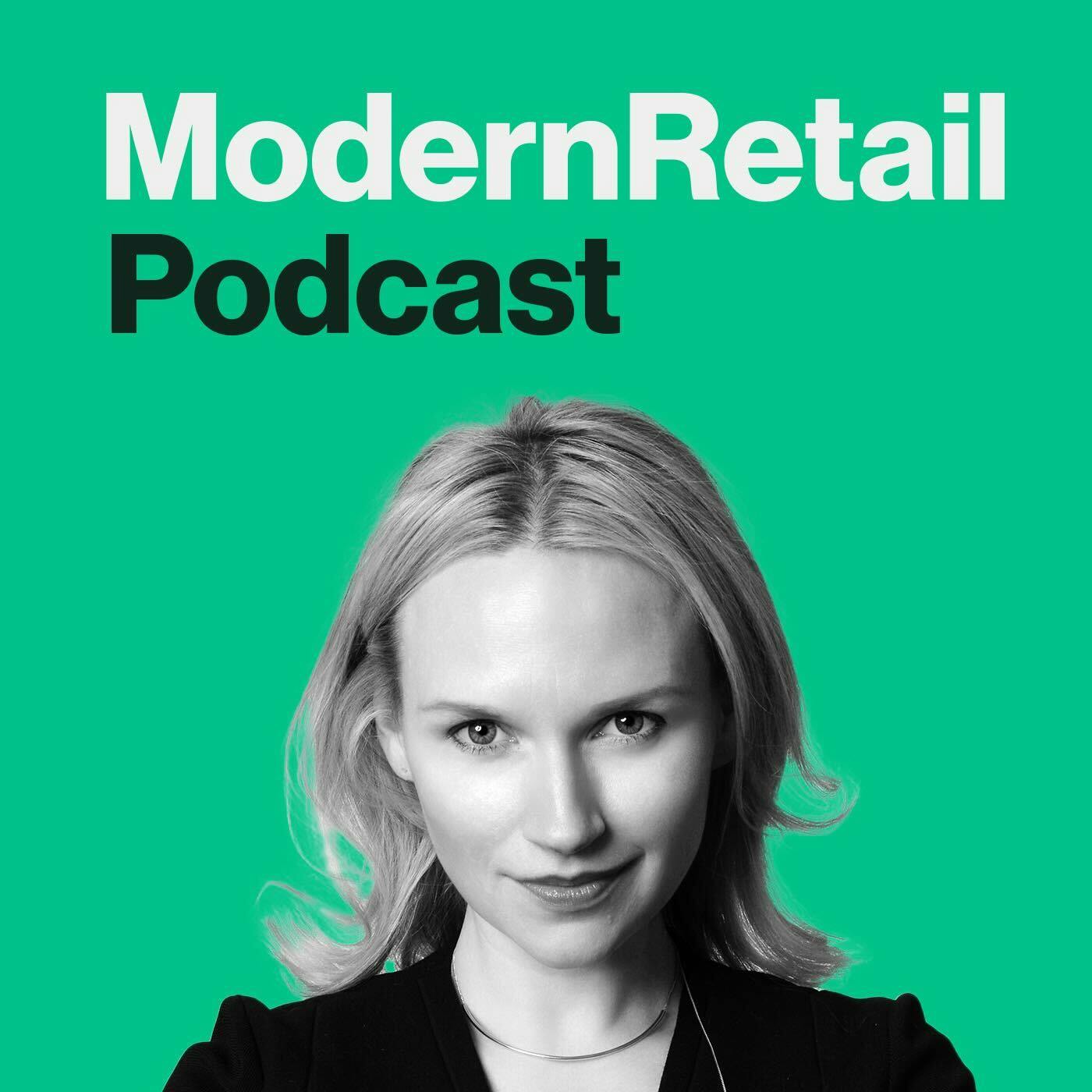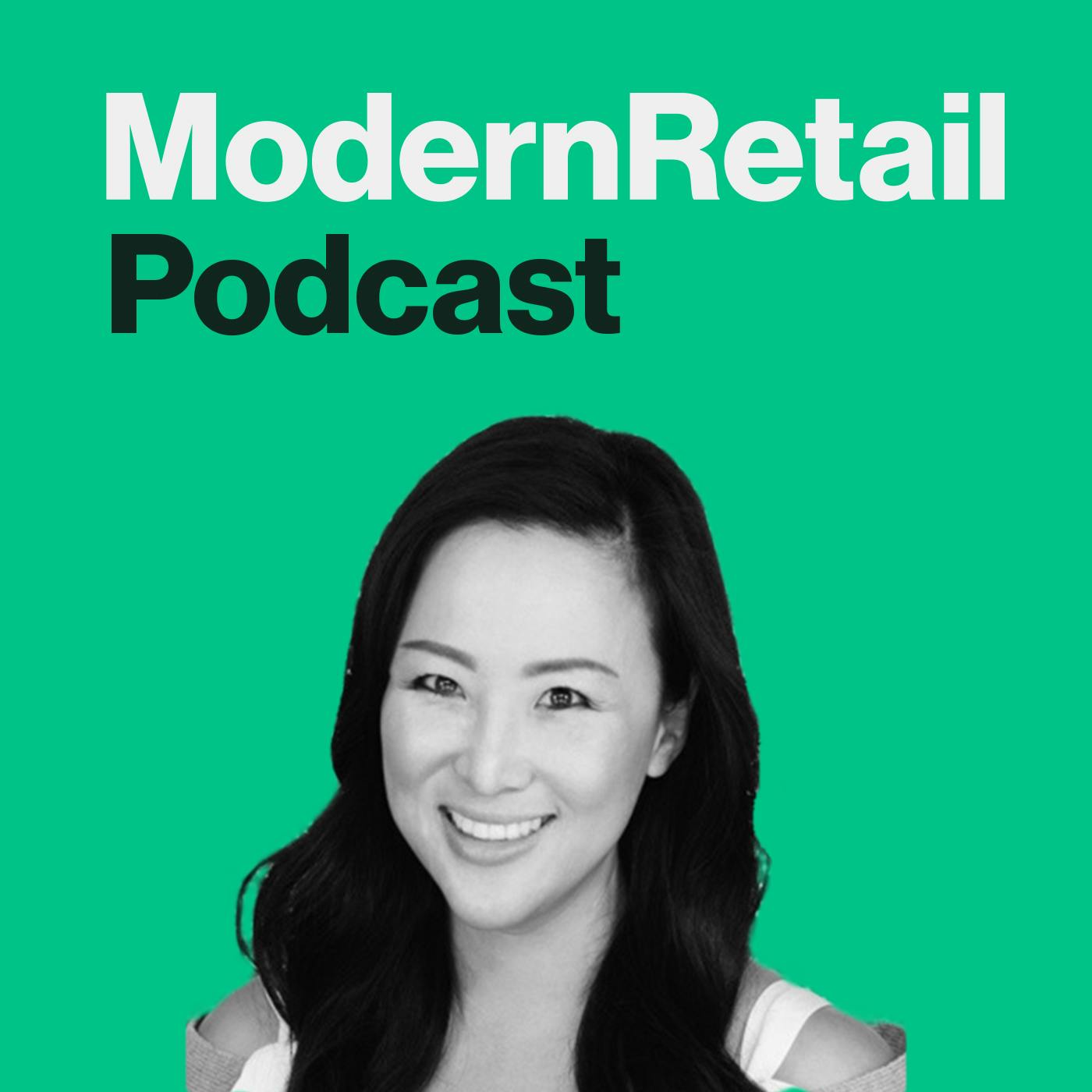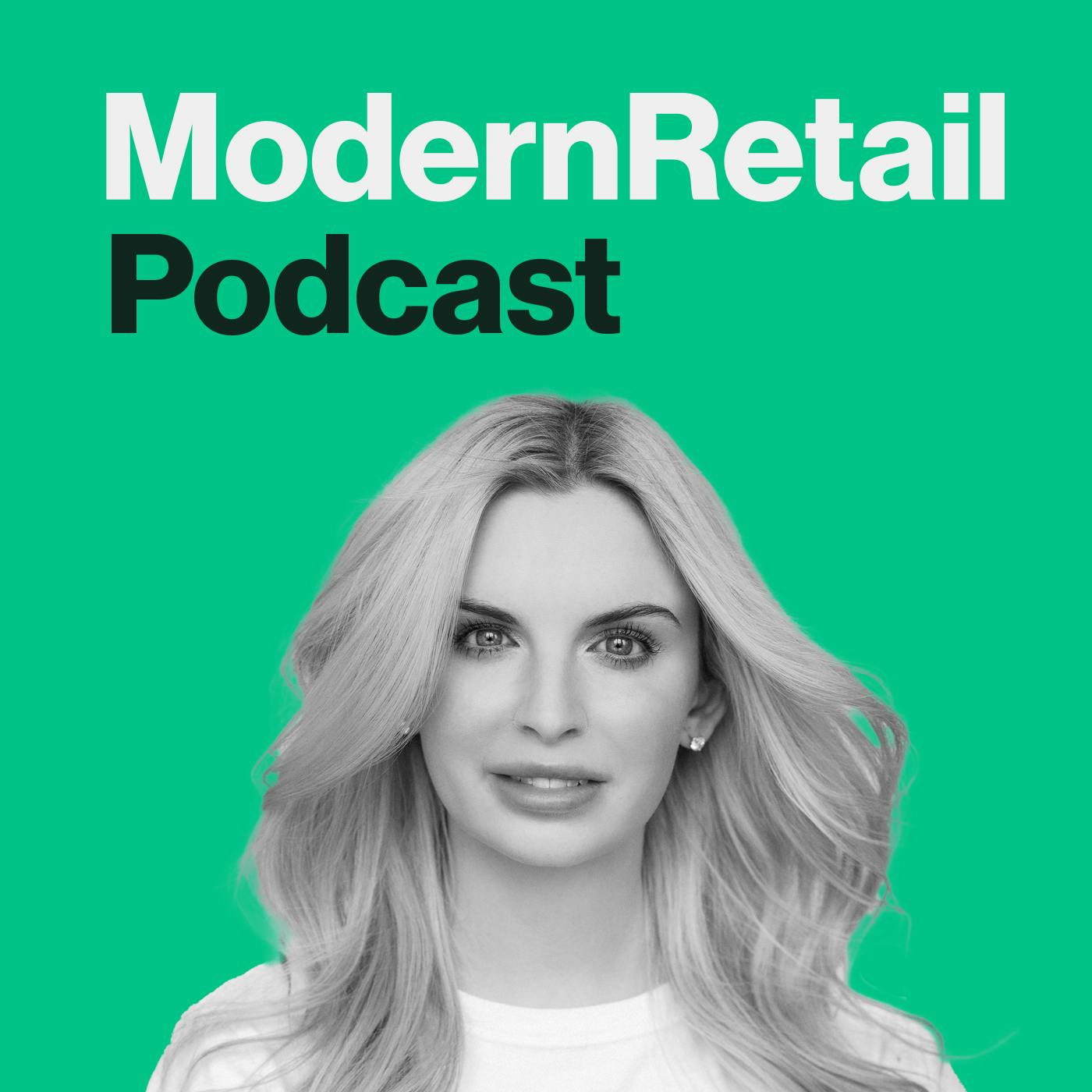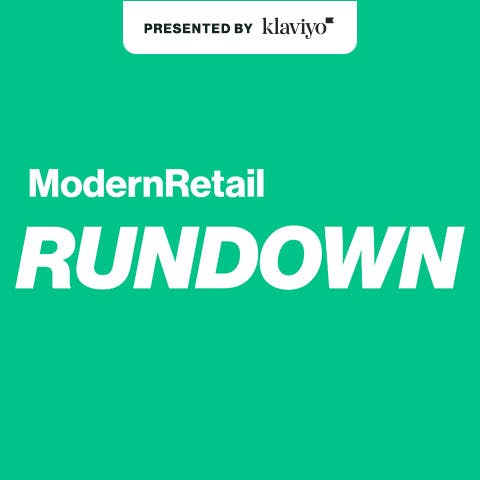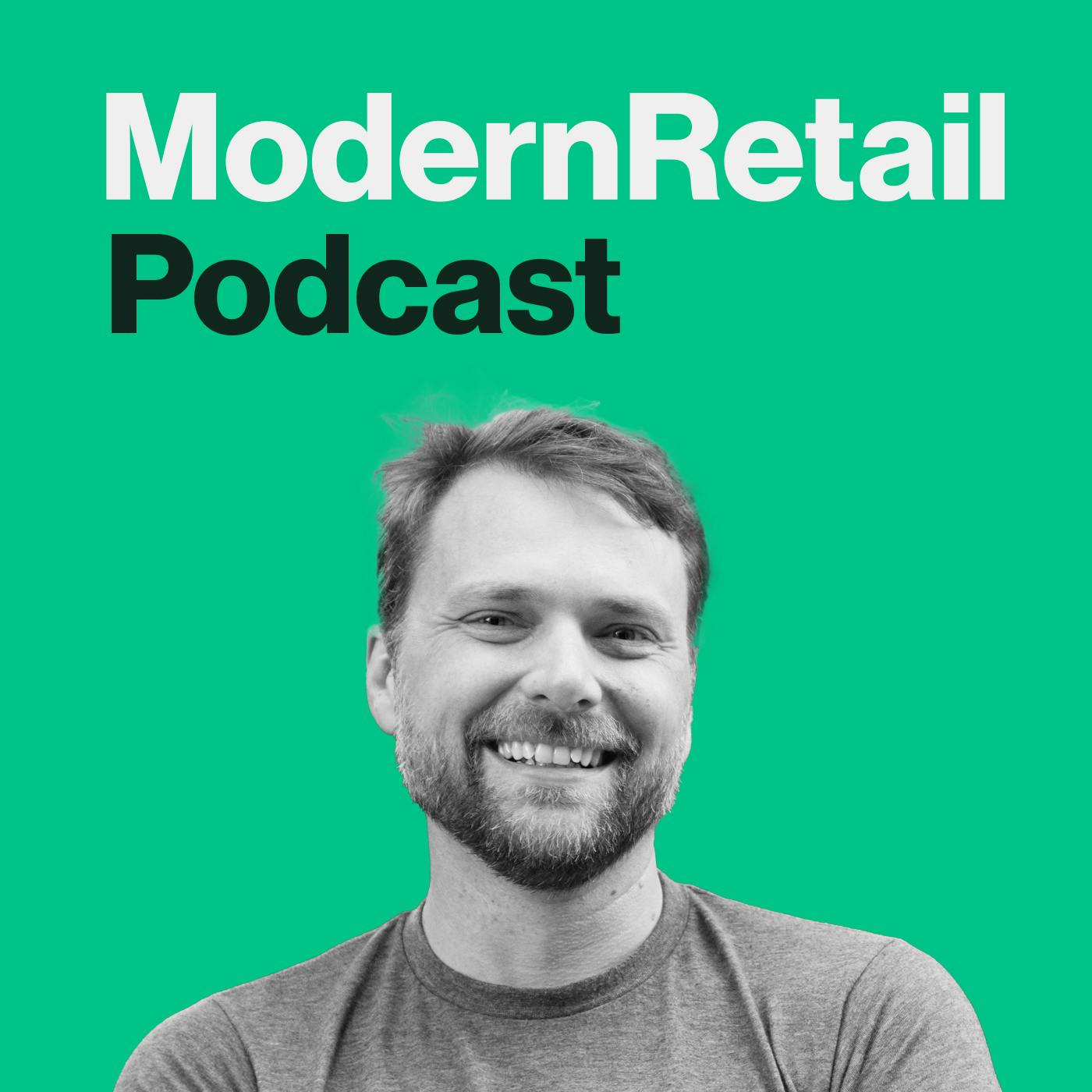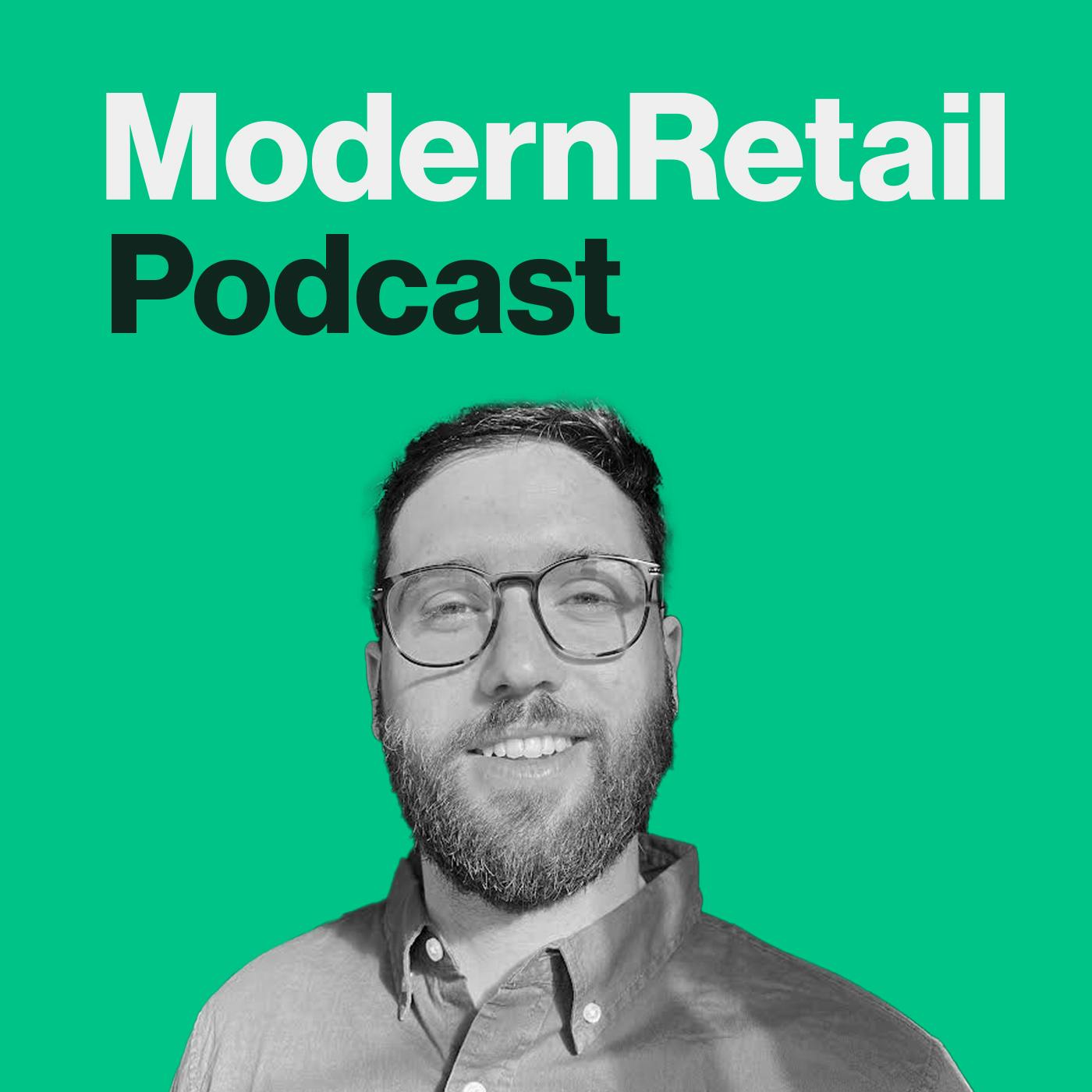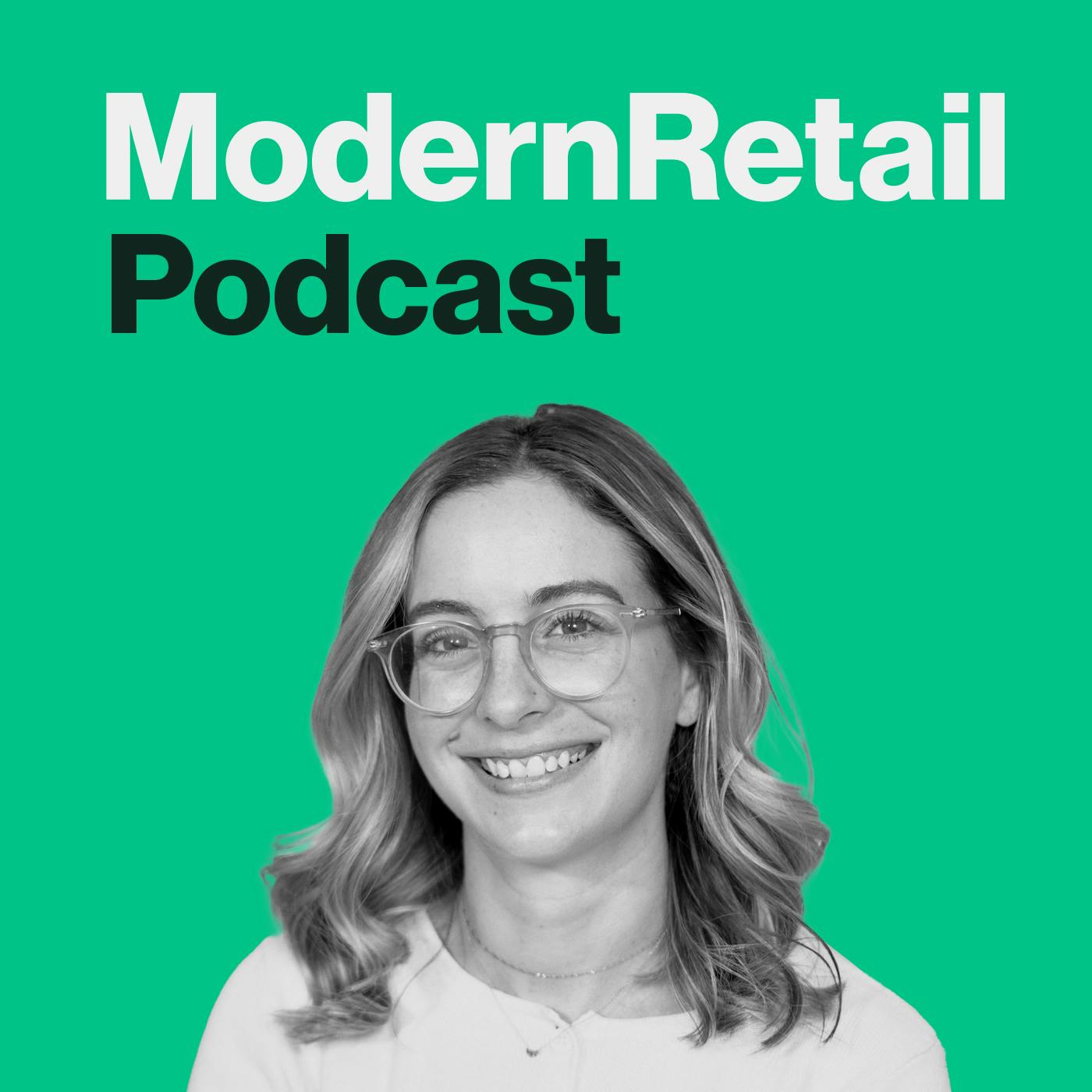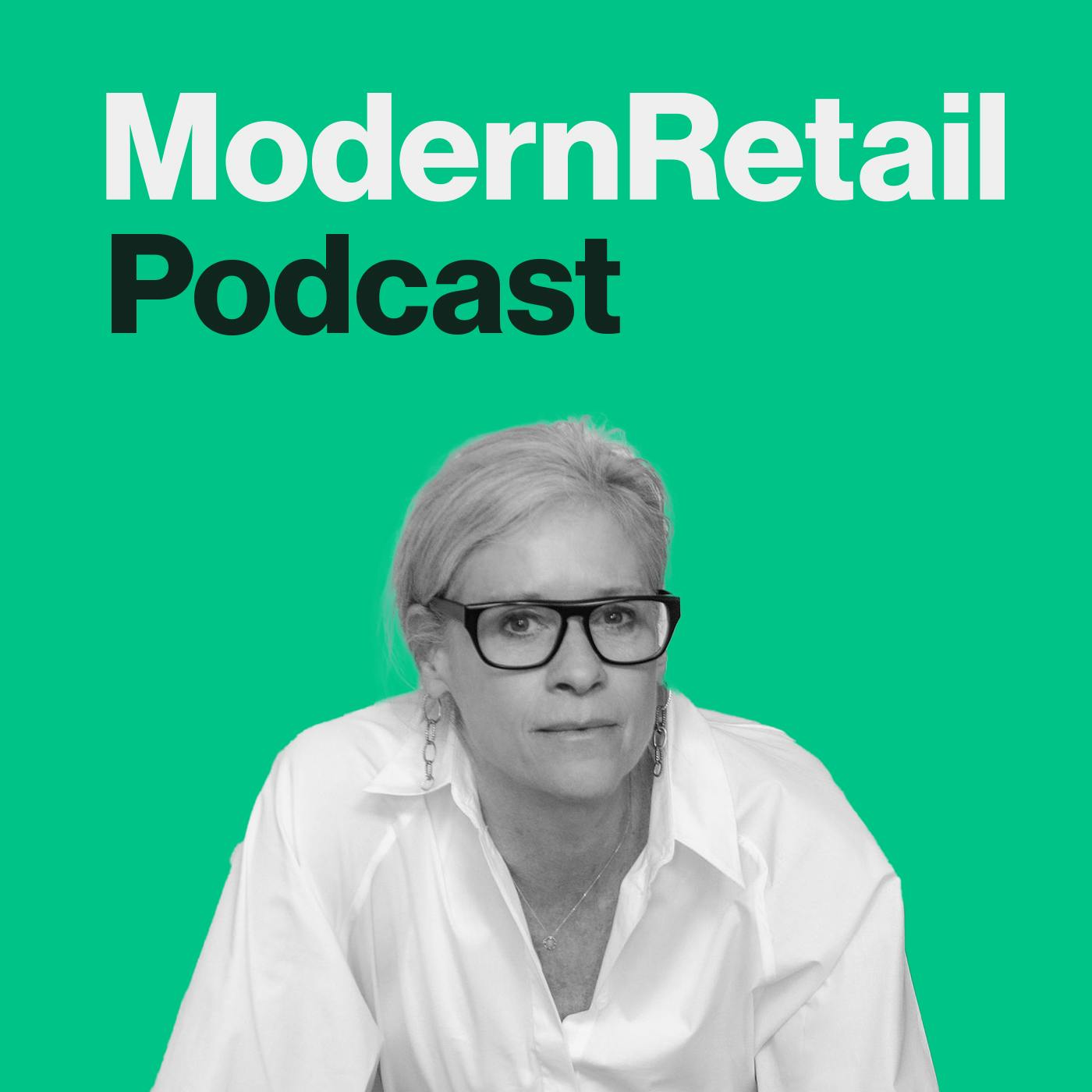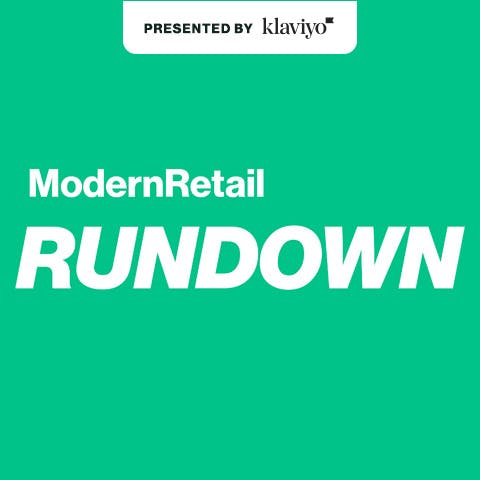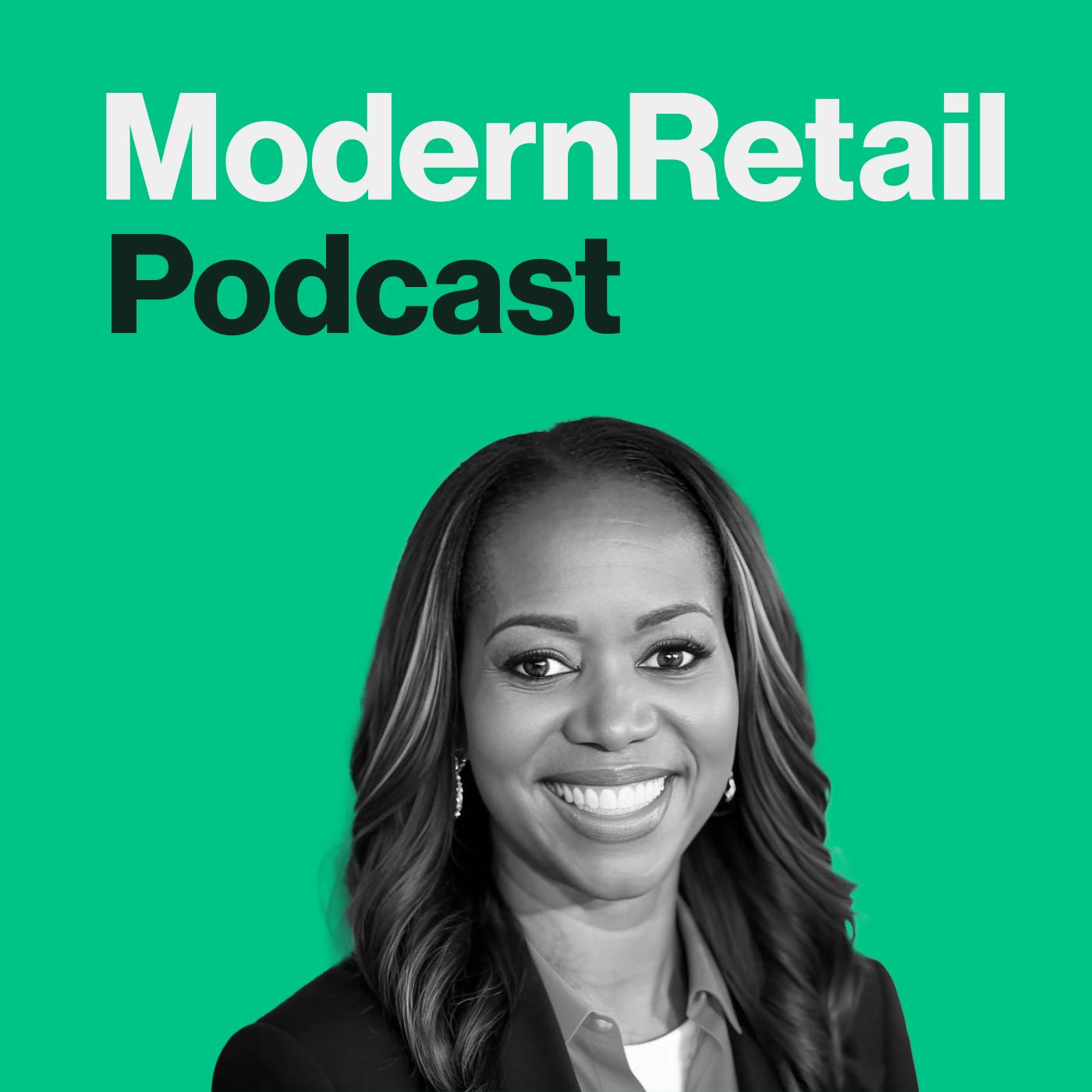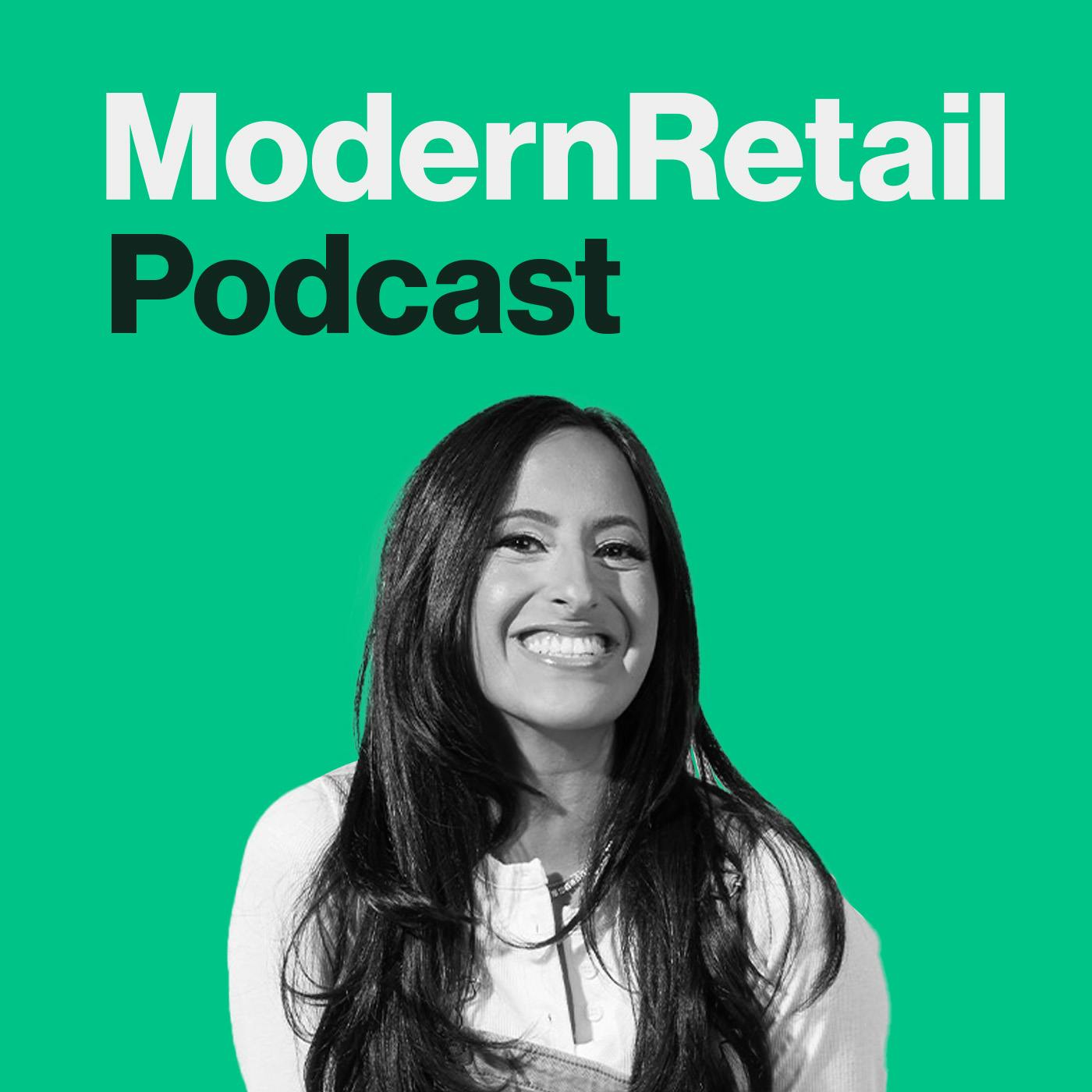Discover The Modern Retail Podcast
The Modern Retail Podcast

The Modern Retail Podcast
Author: Digiday
Subscribed: 315Played: 7,938Subscribe
Share
Description
The Modern Retail Podcast is a podcast about the retail space, from legacy companies to the buzzy world of DTC startups. Every Thursday, Cale Weissman, editor of Modern Retail, interviews executives about their growth and marketing strategies. And every Saturday Gabi Barkho, senior reporter, sits down with the Modern Retail staff to chat about the latest headlines in the retail world.
389 Episodes
Reverse
Every brand talks about paths to profitability, but few actually reach it.
Customizable beauty brand Prose is one company that has bucked the trend and reached meaningful profitability. The company has made nearly $500 million since launching in 2018 and estimates it will bring in $160 million this year. What's more, this year the company is on track to be profitable, after hitting profitability last May as well for the entire third quarter of 2023.
At the Modern Retail Commerce Summit, held last week in New Orleans, Prose co-founder and CEO Arnaud Plas spoke about how he's been leading the company to reach these major milestones. "That has been a journey," Plas said.
Prose hasn't sacrificed growth in order to hit its profitability targets. For example, the company has expanded into new areas. "A major step with a spirit of reaching profitability [was] we launched skin care in 2023," Plas said.
While expanding into new categories is expensive, the thesis behind Prose was to build a vertically integrated and automated production system and then add more products to grow revenue. "The key was really: How do we automate production and customization?" Plas said.
By building out its own New York-based manufacturing, and figuring out how to automate parts of it, Prose was able to lower its production cost over the years while also charging a premium for offering customized products. It took many years, but Plas believed that if the brand could streamline its production enough while launching into new areas, the financials would work out.
"If we were able to execute this, there would be a pretty high and significant value creation for the company," he said.
But brands can't go all in on growth at once. And perhaps that's the biggest lesson from Prose's evolution so far. "The reality is that when you want to be profitable, you have to sequence your efforts," said Plas.
Digiday Media's WorkLife is proud to present season three of The Return, a podcast about the modern workforce, with this season focused on middle management.
Last season, we heard what it’s like for Gen Z to enter the workforce for the first time in a post-pandemic world. We highlighted themes like why values are so important to Gen Zers, whether or not they are loyal to their employers, how they use TikTok for career advice, what it means to be a young professional who is a boss to older workers, and so much more.
This time, we’re hearing from the population of workers that some argue is the backbone of a successfully-run organization: middle management. They are the ones who are navigating those RTO mandates, welcoming a new generation of workers that have a different approach than those who came before them, the rise of artificial intelligence – the list goes on.
In season three of The Return, we speak to middle managers themselves to hear beyond their everyday stresses of the job, but what they need to guarantee everyone they manage has what they need to be the best at what they do. C-suite, listen up because they need your help too.
We dive into how middle management stress is a decades-long issue (there are New York Times headlines dating back to 1971), how the wrong people are being chosen to be managers which is leading to the rise of “accidental managers,” what it’s like to have hard conversations and having to be a therapist at times, where people are finding support as a middle manager, and how AI is impacting the job of a middle manager.
With a Q+A format, you will hear in-depth conversations with folks including Colette Stallbaumer, Microsoft’s general manager of Microsoft 365 and Future of Work Marketing, Rob Pierre, former CEO of advertising services platform Jellyfish, and Emily Field, partner at McKinsey & Company who co-authored “Power to the Middle: Why Managers Hold the Keys to the Future of Work,” to name a few.
Season three of The Return is hosted by Cloey Callahan, senior reporter at Digiday Media’s WorkLife, and produced by Digiday Media’s audio producer Sara Patterson.
Subscribe to the WorkLife podcast now on Apple Podcasts – or wherever you get your podcasts – to hear the first episode on Tuesday, April 23.
This week on the Modern Retail Rundown: After less than a year of relaunching its virtual workout app, Peloton quietly got rid of the free membership tier because it wasn't converting users into paying customers. Meanwhile, Lego's adult customer base continues to grow as adults buy up its newer intricate and more expensive sets. Finally, after doing away with its Just Walk Out technology at its own grocery stores, Amazon plans to sell it to other retailers.
Violife is trying to become the Oatly of plant-based cheese.
The brand, which launched in 2013, is part of the Greek plant-based food company Arivia. But it didn't hit U.S. shelves until 2015. Since then, Violife has taken off. It is now the number one plant-based cheese in the world -- and it continues to roll out new products to continue its growth streak.
According to Violife's global president and chief growth officer Olga Osminkina-Jones, the current strategy is to make plant-based cheese into a mainstream product.
"The category itself is truly nascent," she said.
Osminkina-Jones is a consumer brand veteran. Before joining Violife, she held vp-level roles at companies like PepsiCo, Danone and Heineken. The reason she decided to go to a plant-based food startup, she said, was "to take on a challenge like the reinvention and acceleration of a category."
And indeed that's the project ahead. So far, things seem to be working. Violife is in most major grocers and continues to launch new products. Most recently, it unveiled a new cream cheese product that could be used in baked products.
But the real hurdle isn't about shelf space, but in getting more people to try the product. In many ways, what plant-based cheese needs is an Oatly moment.
"As you look at the trajectories of such categories as plant-based milk, you can clearly see that the scale of adoption was equally propelled by the collaborations and partnerships with the right channels and customers," Osminkina-Jones said.
With that, the focus is on getting more people familiar with the product so that the overall category can continue to grow. While Violife is in a good position as the category leader, Osminkina knows there's still a lot of work ahead.
"The key here is not to run before we can walk," she said.
On this week’s Modern Retail Rundown: PepsiCo-owned Gatorade is adding more hydration SKUs that resemble Liquid I.V. and Prime. Meanwhile, department store retailers face yet another hurdle: A new law that limits payment late fees can hurt credit card revenue for retailers like Macy's and Kohl's. Lastly, Bark just announced Bark Air, a new airline program that offers pets and their owners a more comfortable flying experience.
Every beauty startup these days describes itself as a clean beauty brand, but skin-care brand Kopari was ahead of the curve.
"It's definitely table stakes now," said CEO Susan Kim.
But, it wasn't always that way. "The way I think about clean is that back in 2015, it was a differentiator," Kim said. And that's what helped Kopari -- which makes products including cleansers, moisturizers, sunscreen and deodorant -- grow into the profitable brand it is today, with revenue growing 45% in 2023.
Kim joined this week's Modern Retail Podcast and spoke about the company's rise, as well as how the company has evolved since she took on the role of CEO in 2020.
Before she joined the brand, she said, "I remember thinking: I have to keep tabs on this brand."
Cut to today and Kopari has launched into new areas like sunscreen, and has diversified its marketing to keep customer acquisition costs low. The company invests in performance media, earned media as well as other higher-funnel brand campaigns. "It's the harmony of all of those elements [coming] together that makes for a very efficient CAC," she said.
Another important differentiator for Kopari has been speaking directly to its customers. The company has a Slack channel, for example, where it frequently talks with its people who use the products every day. "That's instantaneous feedback that's consumer-centric," she said.
But beyond the feedback, Kim said these types of initiatives help the brand seem more human. "It allows us to have a community," she said. "That's really what it's about."
On this week's Modern Retail Rundown: Ulta's latest performance shows that beauty sales may finally be decelerating. Retailers like Express, Peloton and Saks have reportedly been late on paying their vendors -- indicating cash flow issues. Finally, there was drama in the food startup space as Momofuku gets litigious with competitors.
It's been a tough few years for roll-up companies, but Pattern Brands seems to have bucked the trend.
The company -- which began as design agency Gin Lane and evolved into a portfolio of DTC brands including Open Spaces, Onsen and Gir -- raised a $25 million Series B in 2022 -- and has been slowly building out its portfolio ever since.
While other roll-up players like Thrasio and Win Brands Group have faced major headwinds, Pattern has continued chugging along. Its co-founder and chief business officer Suze Dowling, who joined the Modern Retail Podcast this week, attributes this to the company's focus on its core consumer.
"If you're working across seven brands in a portfolio, it is helpful to try and find what is the grounding force," Dowling said.
This shopper is internally dubbed "Mia," and all of Pattern's brands -- including towel company Onsen and kitchen accessory maker Gir -- target "those micro-moments of [Mia's] day, and how can we make them just a little bit more special," Dowling said.
By having that focus on one type of shopper, Dowling said that Pattern has been able to remain grounded and focused. "I would challenge [the idea that] for some of the Amazon aggregators -- that also had 50 brands, 100 brands -- that they were able to find those same synergies in how they operated," she said.
For now, Pattern has been focused on finding the right brands to buy -- as well as finding the best modes for growth. "I'm very excited and kind of gung-ho on trying to make sure we build some mass retail partnerships over the next 12 to 18 months," Dowling said.
This week: H&M inches toward profitability under its new CEO, with the company planning to focus on cost-cutting and competing for price-conscious fast-fashion customers. Next, we also look at a Bloomberg story analyzing why being picked as Wirecutter's top wok ended up overwhelming the small shop that carries the product. Lastly, Dollar Tree announced plans to raise prices on select items to lure its growing high-income customer base.
Sunday wants to be the DTC brand that powers everyone's backyard.
The company first launched in 2019 with lawn care products, but has since expanded to pest control and garden products. While it's available in major retailers like Costco, Walmart, Lowe's and Target, Sunday's business is still 75% direct-to-consumer.
"To be the outdoor home platform that we want to be, we really need to be able to be across these categories," founder and CEO Coulter Lewis said on the Modern Retail Podcast.
He joined and spoke about how the company has grown over the last five years -- as well as what its plans are for the future.
One way Sunday is able to keep such a large DTC base is by tailoring its online experience. For example, it has people send in soil samples, which then creates a report on the types of products they need for their outdoor spaces.
"We actually now have the largest soil database ever created," Lewis said.
And that type of program can't be replicated in a store like Walmart. And even the store experience itself isn't ideal -- especially the garden sections filled with 15-pound sacks of dirt and fertilizer where Sunday is usually sold. "When you walk in that part of the store, you smell it from 20 feet away -- it is legacy brands, legacy branding and incredibly confusing and intimidating."
With this, Sunday is trying to have its customers opt for a newer brand that looks different than the previous industry leaders. And, have them purchase differently than before. While the company has been growing every year, it still has ambitions to reach new heights.
"We're still brand new," Lewis said. "Our category, there's been nothing new in half a century -- fifty years of the same. And so, we're growing every year, expanding quickly."
Get more from Modern Retail with the daily newsletter, sent out each weekday morning. Visit modernretail.co/newsletters to sign up.
This week’s Modern Retail Rundown includes a check-in on Nordstrom, with news of the founding family allegedly looking to take the department store private. We also delve into Unilever's ice cream division -- which includes the Ben & Jerry's and Magnum brands -- which may be spun off into a separate company. Lastly, we discuss reports of Shein pivoting into supply chain services.
Accessory brand Ridge, best known for its wallets, is getting closer and closer to a $1 billion exit.
CEO Sean Frank has been saying this for years but thinks the option may come sooner rather than later. "If I want to sell for $1 billion, you need $100 million in adjusted EBITA, or we need roughly $50 million in net income," he said. "I think next year, we'll probably get to $50 million in net income."
Frank joined the Modern Retail Podcast and spoke about the company's growth as well as the state of consumer brands. Frank thinks Ridge's trajectory has been different from that of many other direct-to-consumer brands. For one, it never took on venture capital and instead grew every year while remaining profitable. What's more, while Ridge does sell via its website, it's long been available in other channels like Amazon, Nordstrom and Best Buy.
"We've never touted a DTC flag. We were never like, we're not going to sell on Amazon," he said.
What's more, Ridge -- which just added YouTuber Marques Brownlee as a board member and chief creative partner -- figured out early on that it couldn't just rely on a hero product as a means to scale. "I don't want to pick on anybody, but if you look at, like, an Away -- they still sell luggage, and they've sold luggage for 15 years at this point," he said. "It's more or less the same piece of luggage." Conversely, Ridge has expanded into new products like phone cases and men's wedding bands.
"We have these cohorts that are like, 'Yeah, I love the product, it's great. But I don't need another wallet.' There's nothing we can do to get them to buy another wallet," he said. "So we were like, OK, let's figure out what other people want."
With all of this, Frank is trying to continue to grow the company while looking at future prospects. While Ridge may reach its goal for a billion-dollar valuation, he's still waiting and seeing.
"It's just if we want to sell or not, right?" he said. "Does it make sense for the brand with what's going on?"
This week on the Modern Retail Rundown: The Body Shop filed for bankruptcy and announced it's closing down all U.S. operations. In a surprise move, Outdoor Voices is also closing all its stores -- with plans to remain an online-only DTC brand. This week also saw a number of C-suite shakeups across apparel and footwear, including Allbirds and Under Armour announcing new CEOs.
Rocco is a DTC mini-fridge company that wants to make people care about the big hunks of steel electronics they have in their homes.
"Appliance brands don't actually have a brand," said Alyse Borkan, co-founder of Rocco. "I really saw an opportunity to do things differently than [what] the rest of the category was doing."
Borkan joined this week's Modern Retail Podcast and spoke about her new brand and how she's hoping to compete with the big players like Frigidaire.
Rocco launched last November with one product: a colorful fridge meant to showcase beverages. It works for both wine bottles and cans, and Borkan said the intention is to have an appliance that could complement a home's aesthetic. "People really kind of think about it as a little bar in their living room," she said.
It's still early days, but the product does seem to be resonating. Rocco sold out of inventory two weeks after launching. Ever since, the company has been playing catch up with fulfilling orders, but plans to be fully stocked and ready for more expansion in the next few months.
But Rocco isn't only direct-to-consumer. The brand launched in Nordstrom shortly after going live. "We really think this is something that people are going to want to experience in real life before they purchase," Borkan said. Rather than being one of hundreds in an appliance store, Rocco opted to be the only fridge in Nordstrom's furniture section.
The plan now is to continue growing -- ideally adding more wholesale partners over the next year. That could mean launching in an appliance store, but it could also mean partnerships with other brands -- especially drinks brands.
"We're hoping to grow pretty quickly just based on the initial interest," she said.
Get more from Modern Retail with the daily newsletter, sent out each weekday morning. Visit modernretail.co/newsletters to sign up.
This week's Modern Retail Rundown show kicks off with a breakdown of Harry's long road to IPO, with the company reportedly filing to go public years after previous acquisition plans fell through. Meanwhile, furniture retailer Ashley announced it's acquiring Resident Home, a mattress group whose brands include DTC companies Nectar, DreamCloud, Awara and Siena. Abercrombie & Fitch, on the other hand, is projected to bring in $5 billion in annual revenue by growing its young customer base internationally.
Get more from Modern Retail with the daily newsletter, sent out each weekday morning. Visit modernretail.co/newsletters to sign up.
Sustainability has become such a big buzzword in retail, but Époque Evolution co-founder Nancy Taylor thinks there's a better word for the work that needs to be done.
"I was truly passionate about trying to do things in the responsible way," she said. "So we took the word sustainable out of it and we used the word responsible."
That word has guided the Époque Evolution business since it launched in 2018 as a direct-to-consumer fashion brand. Her company was acquired by the Montreal-based Lolë, best known for its athleisure products.
Now, Taylor is the vp of design over the entire umbrella company Lolë brands, which involves having all the various lines -- Lolë, Époque as well as Lolë's mass-market apparel line -- work together.
Taylor joined this week's Modern Retail Podcast and spoke about the transition from DTC startup to living under a bigger brand, as well as the perks of working with more resources.
Get more from Modern Retail with the daily newsletter, sent out each weekday morning. Visit modernretail.co/newsletters to sign up.
This week’s Modern Retail Rundown includes a breakdown of Thrasio's bankruptcy protection filing and the future of the Amazon aggregator's business model. Additionally, Warby Parker wants to eventually open 900 stores as the digitally-native brand has leaned on physical retail for growth. Last, we chat about Celsius Drinks' milestone of becoming a billion billion-dollar energy drink company.
In Shannon Nash's opinion, 2024 is the "year of the drone."
Nash may be biased, as she's the CFO of Wing, the Alphabet-owned drone delivery company that's currently being trialed by companies like Walmart and DoorDash. But there is some data to back this up. For one, Wing announced an expanded partnership with Walmart in the Dallas/Fort Worth area. What's more, recent changes to FAA regulations will likely make it easier for the company to test out other areas.
Nash joined this week's Modern Retail Podcast and spoke about the current state of drone delivery and where she thinks it's going.
Drone delivery isn't a new concept, but it seems to be taking flight (pun intended) this year. In Australia, currently Wing's biggest market, one site has approached 1,000 drone deliveries a day. In Texas, where Wing is working with Walmart, the platform has already made 5,000 deliveries over the course of a few months.
"We have some customers that order roughly two times a week," Nash said. Wing's most ardent customers, however, "are ordering three times a week." In her eyes, it points to consumers having "very favorable views of drone delivery."
Still, the only way to really reach mainstream is to expand to more areas and get more people used to the concept. With that, Nash said, "nothing does advertising and marketing [better] than seeing the drones in the parking lot and [people] going, what the heck is this?" Similarly, with regulations beginning to change to allow for larger delivery areas, the platform has plans to expand at rapid pace.
What will that rapid expansion look like? Currently, Wing customers buy the products in its own app, rather than through the retailers. But there could be a future where it becomes an extension of these businesses.
Nash wouldn't get prescriptive about what the future of drone delivery ordering looks like. "I think the market is going to determine how that happens," she said.
Get more from Modern Retail with the daily newsletter, sent out each weekday morning. Visit modernretail.co/newsletters to sign up.
Every week on the Modern Retail Rundown, we cover the latest headlines from the retail world.
This week, the team discusses Reddit’s S-1 drop, meaning the social platform -- which launched in 2005 -- is finally going public after years of speculation. Also, a look at Beyond Meat’s new game plan to turn around weak sales, which includes launching lower fat, higher protein products faux meat burgers and scaling back China operations. Lastly, an update on Macy’s proxy fight by activist investor Arkhouse Management.
Get more from Modern Retail with the daily newsletter, sent out each weekday morning. Visit modernretail.co/newsletters to sign up.
True, Taylor Swift made friendship bracelets popular thanks to her song "You're on your own, kid." But the brand Little Words Project has been making friendship bracelets long before Swifties adopted them in full force.
Little Words Project launched in 2013 as a quasi-side hustle of founder Adriana Carrig. But the project soon turned into a standalone business. Fast forward to today, Little Words Project has 12 stores around the U.S., is profitable and has hit a revenue run rate of over $20 million.
Carrig joined this week's Modern Retail Podcast and spoke about the brand's journey and what it's focused on in the year to come.
As Carrig sees it, community is what has helped Little Words Project be so successful thus far. In its early days, Carrig would post on Instagram -- before it became crowded with preened photos and airbrushed influencers -- about what the business was and how she was growing it.
"[It was] really just bringing our community on along for the ride," she said. "It definitely was the foundation for what the community ultimately became, which was this group of friends that just want to support one another, help one another, when they're down."
It's easy to start an online community, but harder to keep it at the forefront when a business grows. For example, in 2022, Little Words Project expanded beyond its direct-to-consumer roots into large stores like Target.
"When it comes to the big-box story and how we keep that community build, it's really just about making decisions with the concept of the community first," she said. That meant making sure she was able to market Little Words Project in the same ways she had been doing online for years, as well as keeping the products at the same price point. And while Carrig has considered fading into the background and not being the brand's figurehead, she now realizes, "I do want to be at the forefront."
This remains true even when the products go viral, as was the case with the Taylor Swift song. The friendship bracelet became one of the summer's hottest accessories, after Swift's fans started gifting them to each other during her Eras tour concerts.
But, according to Carrig, while other brands tried to ride the wave of Swift fandom -- making new products to try and go viral -- Little Words Project changed nothing. But, the company was still able to be part of the fervor in bigger ways compared to brands that were only just now jumping on the trend. Musician Lance Bass gifted Taylor Swift a stack of friendship bracelets from Little Words Project on stage at the VMAs last year.
But even with the help of Swift, Carrig said the business has been so good that the Swift bump was only negligible. "We saw a less than 1% sales lift from that collection, which is immaterial when you think about the overall brand presence," Carrig said. "And I think it just goes to show that the brand had its own legs before Taylor. And while the rest of the world who jumped on Taylor-adjacent things -- that maybe didn't make sense to their regular product assortment -- they might have seen a more significant lift because they really did grift."
Get more from Modern Retail with the daily newsletter, sent out each weekday morning. Visit modernretail.co/newsletters to sign up.


